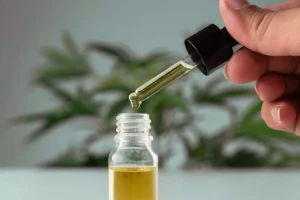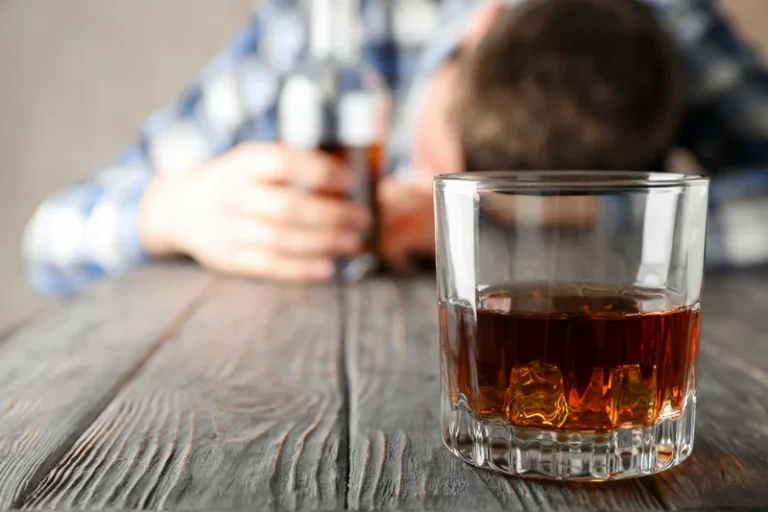
The distinction of red vs. white is based on the color and composition of the clots, but all clots contain varying amounts of platelets, fibrin, and red blood cells. Alcohol intake is the main factor determining https://ecosoberhouse.com/ how long the effects last. In people who drink moderately, the effect of alcohol on platelets is short-lived. Plavix increases the risk of stomach bleeding when coupled with daily alcohol use.

For Immediate Treatment Help Call 800-526-5053
New research has found that moderate consumption, meaning one or two drinks per day, can decrease cardiovascular disease risk. While the mechanism behind why this happens is unclear, the theory is that this moderate consumption reduces stress reactivity in the brain. Combining alcohol and blood thinner medications like warfarin may cause you to bleed more easily. In fact, most blood-thinning medications will specifically advise against mixing them with alcohol. Blood thinners can be dangerous, increasing your risk of severe bleeding during an accident or with an injury. Their use must be carefully monitored to ensure that the blood does not become too thin.
Does Alcohol Affect Deep Vein Thrombosis?

Thanks to that balancing act, clotting is usually a helpful process. It stops bleeding, creates a protective covering to keep germs and debris out of a wound, and then rebuilds the skin so it’s good as new (or nearly so, if the wound leaves a scar). It’s generally safe to take acetaminophen while you’re on a blood thinner, but make sure you follow the directions. Acetaminophen can cause liver damage if you take more than the recommended dose.
What to know about blood thinners and alcohol
- Alcohol is known to have blood-thinning effects, and combining it with medications that also thin the blood, such as anticoagulants, can increase the risk of bleeding complications.
- Short-term effects happen to occur during or directly after consuming alcohol, and long-term effects are driven by excessive use over an extended period of time.
- The safest way to avoid complications is to refrain from exceeding the recommended daily intake of alcohol.
- The heart benefits and reduction of the rate of coronary heart disease (CHD) from alcohol are thought to impact men who are over 40 and women who are post-menopausal most often.
- Ask your doctor if it’s safe for you to drink alcohol while taking blood thinners.
- These work by preventing or undoing coagulation, which is how your body starts to make clots.
One immediate effect of alcohol on blood is its ability to dilate blood vessels. This causes a temporary expansion of the blood vessels, leading to a feeling of warmth and potentially causing the skin to appear flushed. It’s relatively safe to consume alcohol as long as you’re in good overall health and have confirmed with a healthcare professional. According to the Dietary Guidelines for Americans, published by the U.S. Department of Agriculture, moderate drinking is up to one drink per day for women and up to two drinks per day for men.
- Doing anything that can make you bleed is something to seriously consider not doing if you’re on a blood thinner.
- It first reduces the number of platelets in the blood by getting in the way of blood cell production.
In general, all anticoagulation medications work by either blocking or inactivating part of the system that forms blood clots. These medications work by binding to proteins that are involved in either the coagulation cascade or to proteins on platelet surfaces. Blood clotting is an extremely important function of the body that prevents bleeding. Without blood clotting, a small cut would cause serious, prolonged bleeding.
The process of blood clotting is very complex, with multiple chains of chemical reactions called the “clotting cascade” that must occur to develop a blood clot. Blood thinners slow parts of this process, blood thinners and alcohol making blood clots form more slowly. This helps prevent blood clots from lodging in the heart, causing a heart attack; in the brain, causing a stroke; or in the lungs, causing a pulmonary embolism.
Understanding Blood Thinning
It may lead to social isolation and difficulties in maintaining employment or fulfilling responsibilities. (In addition to disease of other organs like wet brain disease and liver damage symptoms). Long-term alcohol use can change your brain’s wiring in much more significant ways. Ways that your standard hangover cures won’t even begin to touch. The morning after a night of over-imbibing can cause some temporary effects on your brain. Things like trouble concentration, slow reflexes and sensitivity to bright lights and loud sounds are standard signs of a hangover, and evidence of alcohol’s effects on your brain.

What Can You Not Drink On Blood Thinners?
Substance Abuse Treatment Programs
